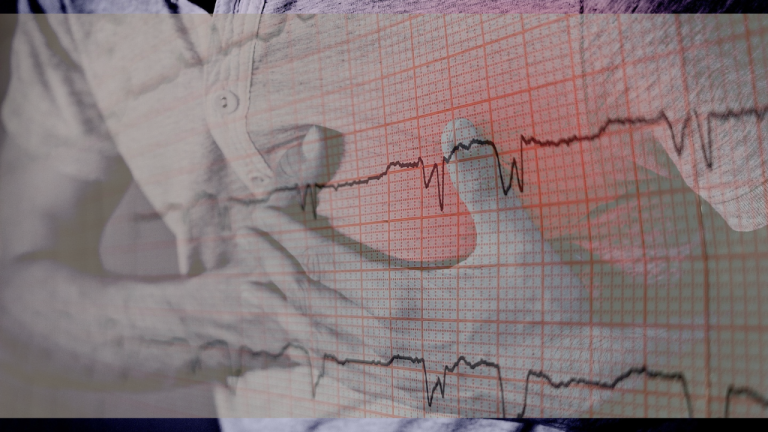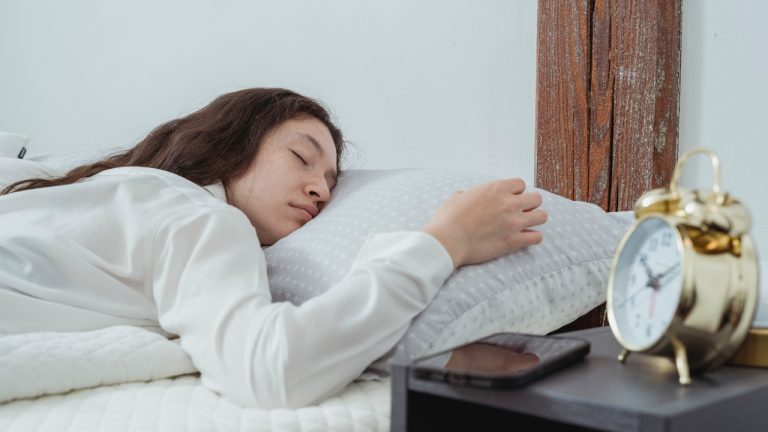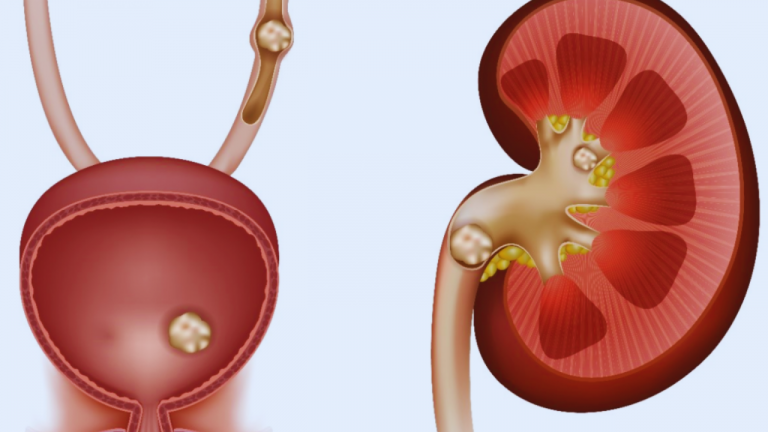What Kind of Food and Drink Will Stop Hair Loss?

While there is no single food or drink that can guarantee stopping hair loss, a balanced and nutrient-rich diet can support overall hair health and potentially reduce hair loss. Here are some nutrients and foods that may contribute to healthy hair growth:
Protein: Hair is primarily composed of protein, so ensuring an adequate protein intake is important. Include lean meats, poultry, fish, eggs, dairy products, legumes, nuts, and seeds in your diet.
Iron: Iron deficiency can contribute to hair loss. Include iron-rich foods such as lean red meat, poultry, fish, legumes, leafy green vegetables, and fortified cereals.
Biotin: Biotin is a B vitamin that supports hair growth and strength. Good food sources of biotin include eggs, nuts (such as almonds, and walnuts), seeds (such as sunflower seeds), sweet potatoes, and avocados.
Omega-3 Fatty Acids: Omega-3 fatty acids help nourish hair follicles and promote scalp health. Include fatty fish (such as salmon, mackerel, and sardines), flaxseeds, chia seeds, and walnuts in your diet.
Vitamin E: Vitamin E has antioxidant properties that can help promote healthy hair growth. Include foods like almonds, sunflower seeds, spinach, and avocados, which are rich in vitamin E.
Zinc: Zinc plays a role in hair tissue growth and repair. Include zinc-rich foods such as oysters, lean meats, poultry, nuts, seeds, and legumes.
Vitamin C: Vitamin C helps with the absorption of iron and promotes collagen production, which is important for hair structure. Citrus fruits, strawberries, kiwi, bell peppers, and leafy green vegetables are good sources of vitamin C.
Water: Staying hydrated is important for overall hair health. Drink an adequate amount of water throughout the day to keep your body and scalp hydrated.
While these nutrients and foods can support hair health, it’s important to remember that hair loss can have various causes, including genetic factors, hormonal imbalances, underlying health conditions, and more. If you are experiencing significant hair loss, it’s advisable to consult a healthcare professional or a dermatologist for a proper diagnosis and appropriate treatment options.



